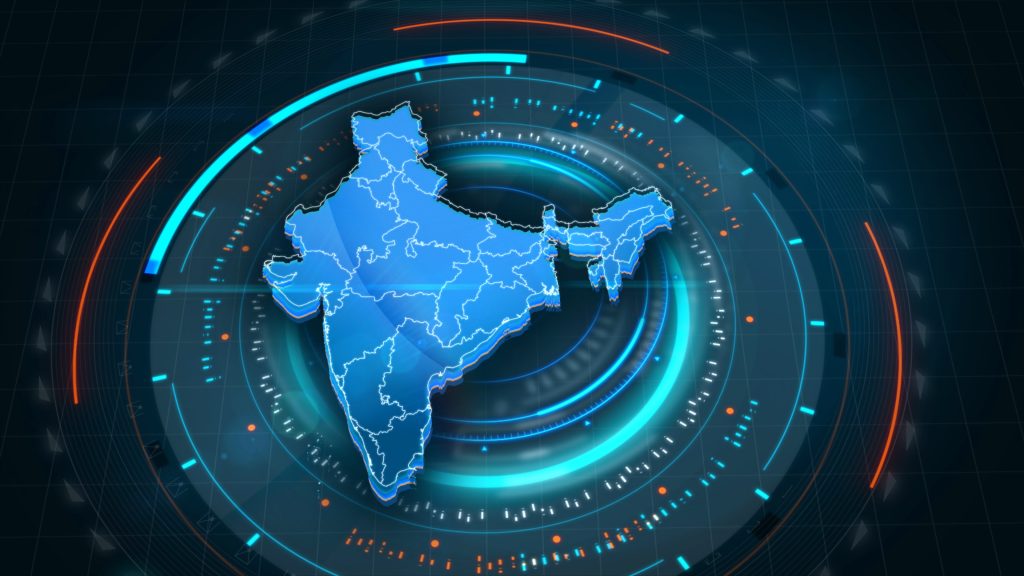Human Rights Watch report warns India of arbitrary and frequent internet shutdowns
Human Rights Watch and the Internet Freedom Foundation released a report on 14 June, ‘No Internet Means No Work, No Pay, No Food: Internet Shutdowns Deny Access to Basic Rights in Digital India’, which concludes that arbitrary internet shutdowns in India disproportionately affect poor communities.

Human Rights Watch and the Internet Freedom Foundation released a report on 14 June, ‘No Internet Means No Work, No Pay, No Food: Internet Shutdowns Deny Access to Basic Rights in Digital India‘, which concludes that arbitrary internet shutdowns in India disproportionately affect poor communities. The report noted that since 2018, India has undermined the government’s flagship Digital India programme, which makes regular internet access essential for delivering vital public services, by shutting down the internet more than any other country worldwide.
The report found that India’s laws governing shutting down the internet use overbroad language and lack adequate safeguards. Declarations by central and state government authorities to interrupt internet access are often unpredictable and illegal. State governments shut down the internet 54 times to prevent or respond to protests, 37 times to avoid cheating in school or government exams, 18 times to respond to communal violence, and 18 times for other law and order reasons since 2018. The most extended internet shutdown in India was in Jammu and Kashmir, where the government blocked access to the 4G mobile internet for 550 days.
The Indian authorities claim that the shutdowns are necessary to prevent violence, fuelled by rumours spread on social media, and to avoid the mobilisation of mobs. However, the report says there’s no evidence to show that shutting down the internet has been effective in helping to maintain law and order.
UN human rights experts said in a 2015 joint statement on freedom of expression and responses to conflict situations that are shutting down communications systems, even in times of conflict, can never be justified under human rights law.
